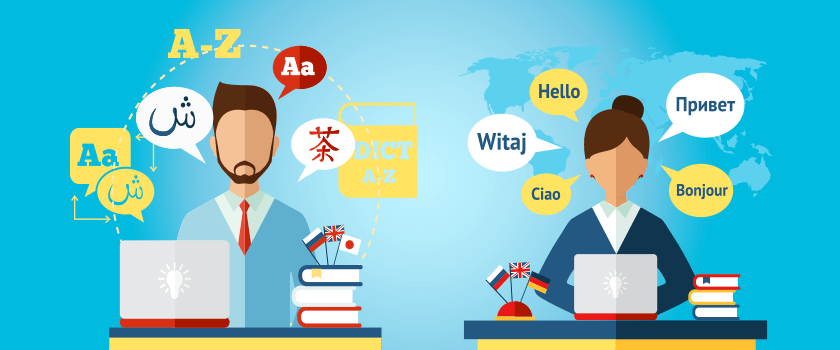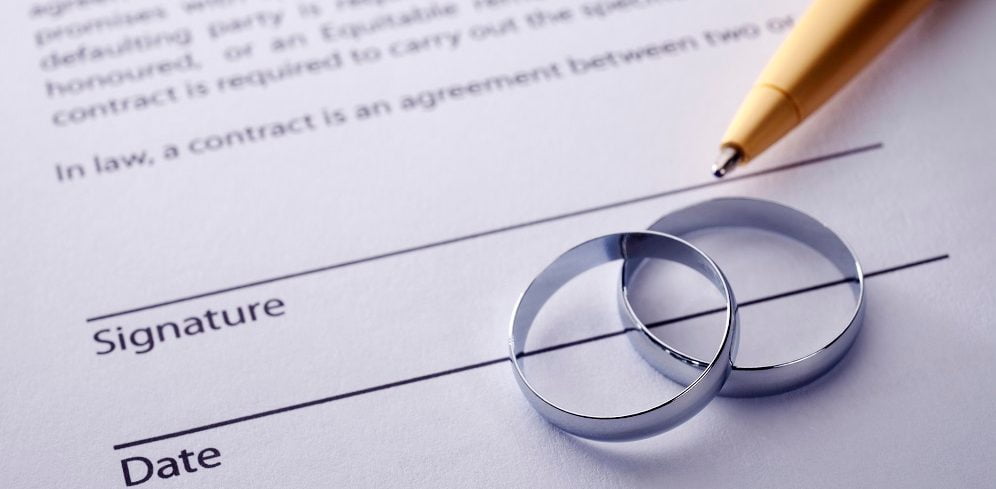In a multilingual and diverse nation such as the United Arab Emirates, translation is not just a language game, but rather a way of connecting the world with legal issues and cultural awareness. The UAE boasts of a vibrant business climate and a huge number of expats; therefore, it will always need quality translation services, especially of German, English, and Arabic translations. However, in the process of translating German the question that usually comes to mind is; what should be translated into Arabic or English?
The response will be determined by the purpose, the audience and the context of translation. The knowledge of the involvement of each of the languages in the ecosystem of the UAE can help people, companies, and organizations to make wise decisions that are clear and culturally relevant.
Knowledge of Language Dynamics in the UAE.
The language of the UAE is influenced by the business connections and cultural diversity of the country. English plays the role of a de facto business, trade, education, and administration language. The majority of the contracts, business communications and official documents are in English and thus it is natural as a medium of bridging gaps in business between international business and the local market.
Arabic on the other hand is the official national language and the source of legal, government as well as religious communication. Any document that is presented to the government ministries, courts or immigration authorities should be in Arabic. Most professionals in Dubai or Abu Dhabi are able to work in English, but in government departments, there is a need to have certified Arabic translation to carry out official procedures, including visa application, company registration or even litigation.
In such a multilingual environment, the decision to use either German to English or German to Arabic translation will depend on the purpose of the translation and the target group of the document.
When it is More Sensible to Translate German to English.
In case you want to write in the field of business, technology and academics in the world arena, then translation of German into English is usually the correct path. English is a standard communication language that eases the process of working and recording in a global setup.
In the business and commercial purposes, translation to English is recommended in German to English translation, in the contracts, marketing documents, financial statements, and business letters. The multinational organizations that are based in Dubai or free zones usually use English translation of their German documents to help them have cross-border partnerships and negotiations.
The official language of manuals, specifications and compliance documents in the technical and engineering sector is English. Direct translation into English does not lead to the loss of terminology of a high level of specialization that is corresponding to international professional standards.
The English translations are also popular with academic institutions and researchers in the UAE, as they are likely to use them to publish their research, apply to international grants, or present their thesis to universities. German diplomas, research papers, and certificates are readily recognized with English versions in the education and professional equivalency procedures.
Moreover, the legal practitioners in multinationals also believe that the English translations of German documents are enough to allow internal inspection or an arbitration case in English. Nevertheless, in cases where the case is submitted to the local courts, there may come a time when an Arabic version is demanded.
In Case German to Arabic Translation is necessary.
Although English is dominant, in the UAE there are cases when German to Arabic translation is not only good, but it is compulsory.
In the case of government institutions, immigration authorities or the Ministry of Justice, the only documents that are legally binding are those in Arabic language. German birth certificates, marriage certificates, degrees, police clearances, and other personal documents have to be translated officially into Arabic by a UAE-registered legal translator. These documents would not be accepted to be used as official documents without Arabic translation.
In legal contracts or even in court cases, the language that is used is Arabic. Although the working copy of a contract may be in English, it is necessary to have an Arabic version of the contract to be filed to the court or notarized. Companies that are opening subsidiaries, seeking trade licenses or patenting their products will realize that their Arabic translations are not bargainable according to the UAE law.
Furthermore, considering the context of the communicated information to the masses and marketing, it is essential to have the Arabic translation of the information to reach the Emirati market. Direct translations in German into Arabic are useful in preserving the same emotional tone and cultural sensitivity of the brand, which is lost when translating the brand indirectly through the English language. The skillfully done German-to-Arabic translation will make the messages sound natural with the local consumers and adjust to the cultural conventions.
The dangers of taking the Wrong Translation Path.
Incorrect choice of the translation path may result into waiting hours, misinterpretations and even court related issues. The translation of a German legal document into English in case of the necessity to use it in Arabic can lead to the rejection by the UAE authorities. On the same note, conversion into Arabic where the target audience is the English speaking professionals may create communication obstacles and lack of clarity.
In other instances, companies are trying a two-step translation, which means, initially, translation of German to English and then to Arabic. Although this can be considered an efficient attribute, it tends to amplify the probability of distorting meaning and losing the nuance. Every translation layer creates a possibility of errors, especially on technical or legal related terms. The direct translations of the German language to the necessary target language which can be Arabic or English will be more accurate and retain the intent of the context.
Certified Translators and Localization: The Secret of the Word.
Regardless of the direction of the translation, German to English or German to Arabic, it is important to hire certified translators who know the standards of the UAE. The UAE Ministry of Justice registers certified German translation in Dubai, Abu Dhabi, and Sharjah to give legally binding translations to be used in official capacit
Besides the precision of language, localization is crucial. Localization will make the translated materials agreeable to the cultural, legal and stylistic local needs of the audience in the UAE. As an illustration, a product brochure of a German product translated to Arabic to serve the Gulf market has to look at the language as well as the culture in terms of imagery, expression, and design preference. On the same note, a translation of a German technical manual into English should have passed through English usage around the world and at the same time preserved the same technicality of the German original.
Final Thoughts
The multilingual and multicultural background of the UAE does not have a universal way of translation. German to English translation is the key that opens the doors to international communication, business, and academia, whereas German to Arabic translation guarantees the legality, compliance on the part of the government, and cultural association. The correct path to take is all the way to your objectives, which may be to enter the global market or to become a part of the local system.
When you select the right translation procedure, and collaborate with qualified certified translators, you can be sure that your message will be not only comprehended, but also honored – beyond the boundaries, languages, and cultures.


